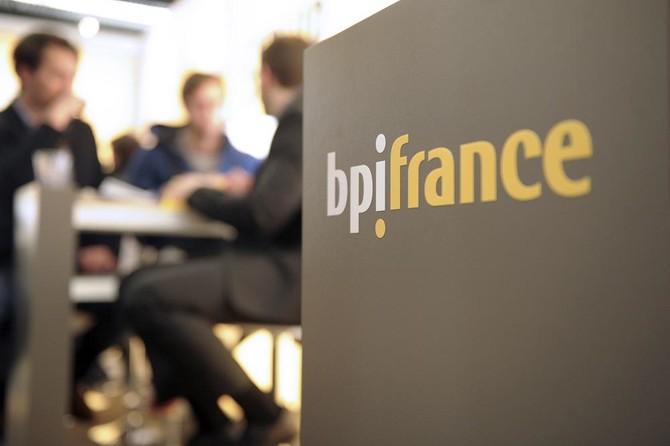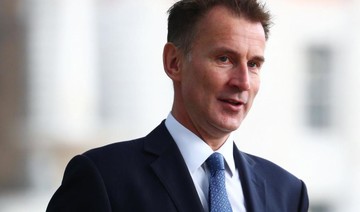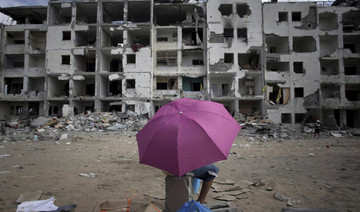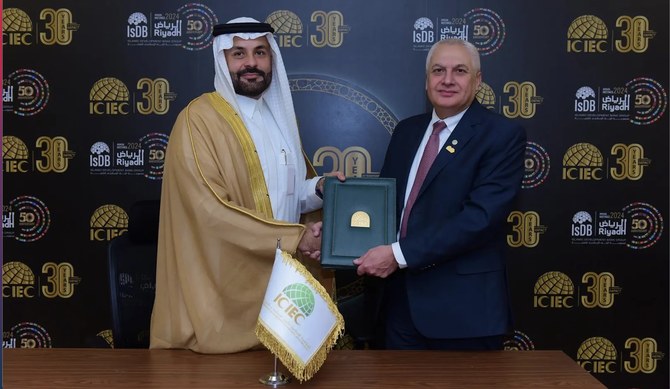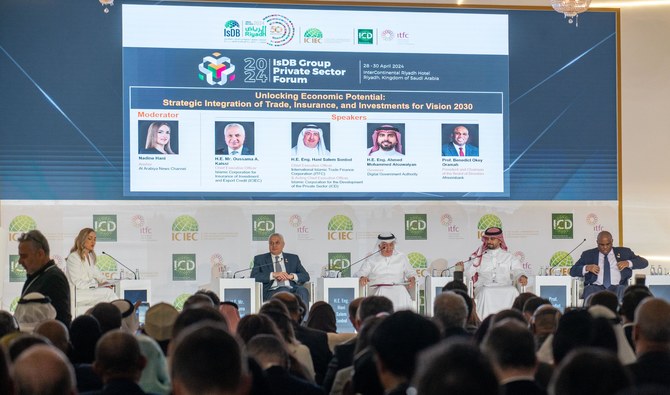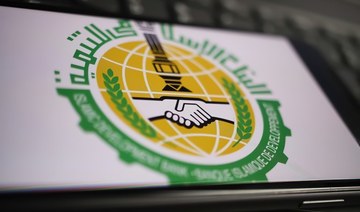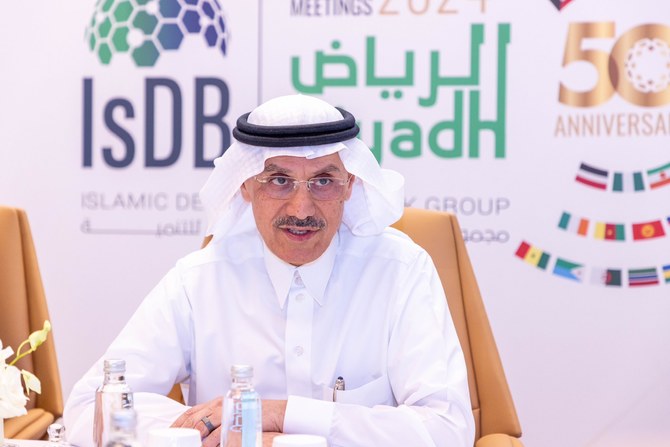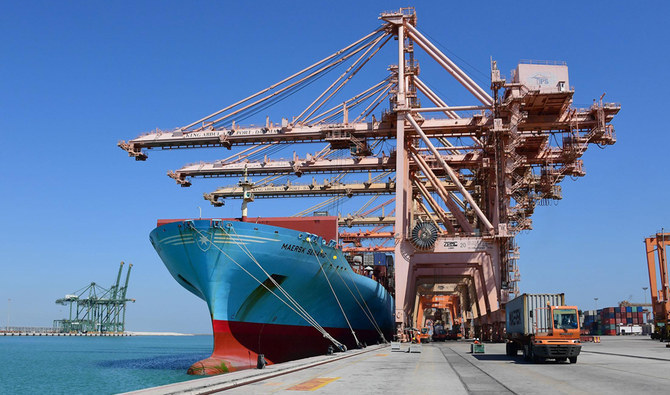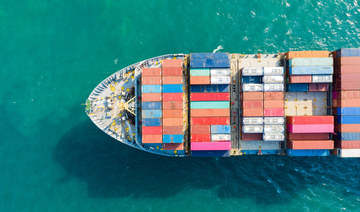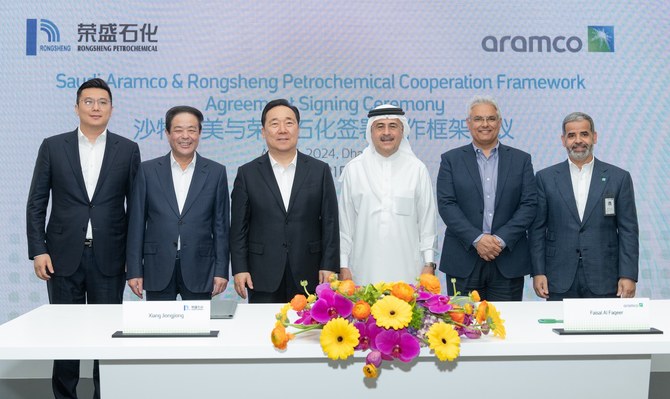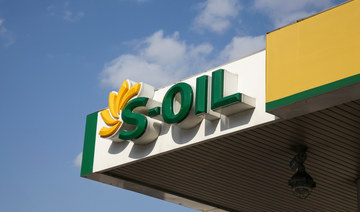PARIS: French state-owned bank Bpifrance has abandoned its plan to set up a mechanism to aid French companies trading with Iran, in the face of US sanctions against Tehran.
Earlier this year, the bank had said it was working on a project to finance French companies that wished to export goods to Iran despite US sanctions.
“It’s put on hold,” said Nicolas Dufourcq, Bpifrance’s chief executive. “Conditions are not met (...) Sanctions are punitive for companies.”
Bpifrance was working on establishing euro-denominated export guarantees to Iranian buyers of French goods and services. By structuring the financing through vehicles without any US link, Bpifrance thought it was possible to avoid the extraterritorial reach of US legislation.
Dufourcq’s latest comments show how the scope of the sanctions is making trade with Iran increasingly difficult for European companies.
Swedish truckmaker Volvo has been forced to stop assembling trucks in Iran as it can no longer get paid with US sanctions taking bite.
Volvo spokesman Fredrik Ivarsson said due to the sanctions Volvo could no longer get paid for any parts it shipped and therefore had taken the decision to not operate in Iran.
"With all these sanctions and everything that the United States put.. the bank system doesn't work in Iran. We can't get paid... So for now we don't have any business (in Iran)," he said.
The US is renewing sanctions on Iran after withdrawing from a nuclear deal forged in 2015 between Tehran and world powers. Washington reimposed some of the financial sanctions from Aug. 6, while those affecting Iran’s petroleum sector will come into force from Nov. 4.
Even though several European countries have said they are seeking to protect their companies from the sanctions, several major companies including oil company Total, Air France-KLM and British Airways have announced they would suspend activities in Iran.
German officials have in recent weeks advocated for the creation of an independent system for cross-border payments to make trade with Iran possible even with the US sanctions.
European Union diplomats have said US President Donald Trump’s positions on trade and on Iran were fueling a rethink about the EU’s dependency on the US financial system.
However, European countries appear to be struggling to find or agree on effective options to tackle the issue.


